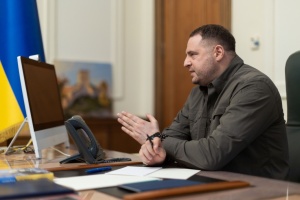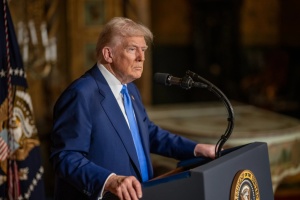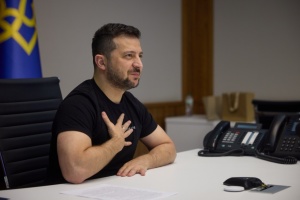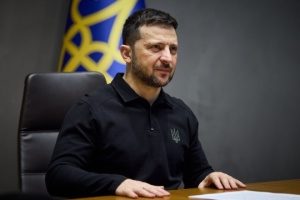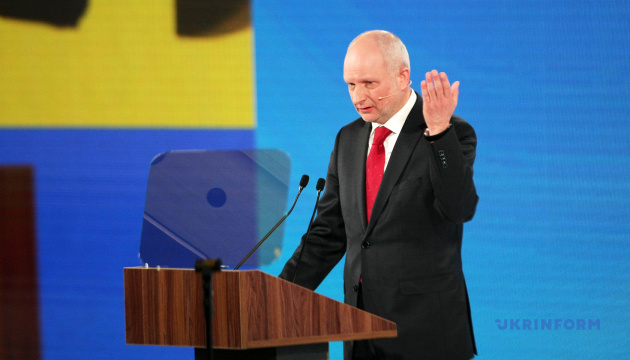
EU sanctions take heavy toll on Kremlin - Maasikas
Head of the EU Delegation to Ukraine Matti Maasikas said this in an interview with Ukrinform.
"Our sanctions take and will take a heavy toll on the Russian economy and on the Kremlin," Maasikas said.
According to him, restrictive measures already now apply to a total of 1,386 individuals and 171 entities in Russia and Belarus, as well as a significant number of sectors of the Russian economy. Among those sanctioned are top political representatives, oligarchs, military and propagandists.
Maasikas said that these sanctions were adopted in close coordination with the G7 members, and the fact that over 40 other countries, including traditionally neutral countries, have also adopted them or taken similar measures enhances their effectiveness.
"Together we are sending a clear signal: we will not tolerate imposing the law of the jungle on a peaceful neighbor. Sanctions are only one of the tools we are using, but it is clear that they taking a heavy toll on Russia," he said.
Maasikas said that the Russian economy is severely affected and is losing its ability to modernize and this is limiting the Kremlin's political and economic options. Sanctions harm the Russian economy, depriving it from access to financial markets and to advanced technology products, crippling the oil industry, the airlines, the military and automotive industries.
Russia's GDP is expected to drop by 11% and inflation to increase by 22% in 2022, Maasikas said, adding that Russia also suffers from its inability to produce smart things.
He also noted that the EU had sanctioned Russian disinformation actors. "The state-owned and pro-Kremlin disinformation outlets are essential and instrumental in bringing forward and supporting Russia’s aggression against Ukraine. They constitute a significant and direct threat to our public order and security. This is why the EU has decided to sanction the Kremlin's disinformation and information manipulation assets," he said.
"Overall, we suspended transmission and distribution of five major Russian broadcasters [Russia Today, Sputnik, Rossiya RTR/RTR Planeta, Rossiya 24/Russia 24, and TV Centre International] in or directed at the EU – such as via cable, satellite, IPTV, platforms, websites and apps. All relevant licenses, authorizations and distribution arrangements are suspended. The advertising of products or services on sanctioned outlets has also been prohibited. Spreading disinformation must come at a price," Maasikas said.

